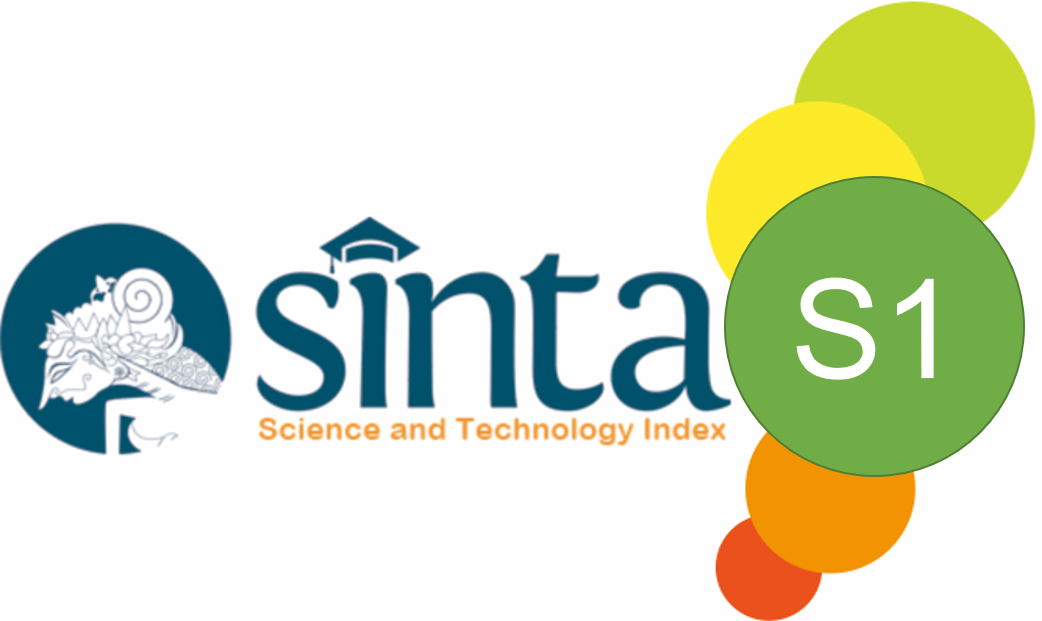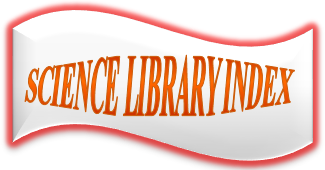CDIO Initiative: A Guarantee for Successful Accreditation of Engineering Programmes
Abstract
Keywords
Full Text:
PDFReferences
Abdul Halim, M. H., and Buniyamin, N. (2016). A comparison between CDIO and EAC engineering education learning outcomes. Proceedings of the 2016 IEEE 8th International Conference on Engineering Education (ICEED). Kuala Lumpur, Malaysia.
Al-Atabi, M. T., Chung, E., Namasivayam, S., Al-Obaidi, A. S. M. and Shamel, M. M. (2013). A blueprint for an integrated project-based learning framework in engineering education: A case study at Taylor's University. Journal of Engineering Science and Technology, 8, 8-18.
Al-Atabi, M. T., Namasivayam, S., Chong, C. H., Choong, F., and Hosseini, M. (2013). A holistic approach to develop engineering programme outcomes: A case study of taylor's university. Journal of Engineering Science and Technology, 8, 19-30.
Al-Atabi, M. T., Shamel, M. M., and Lim, X. Y. (2013). A blueprint for research-led teaching engineering at schools: A case study for Taylor’s University (2013). Journal of Engineering Science and Technology, 8, 38-45.
Al-Obaidi, A. S. M., Tien, D. T. K., and Al-Atabi, M. T. (2014). Eureca: A unique approach for final year project at Taylor’s University. Proceedings of the 10th International CDIO Conference. Barcelona, Spain: Universitat Politècnica de Catalunya.
Aziz, A. A., Noor, M. M. M., Ali, A. A., and Jaafar, M. S. (2005). A malaysian outcome-based engineering education model. International Journal of Engineering and Technology, 2(1), 14-21.azi
Bankel, J. Berggren, K. F. Blom, K. Crawley, E. F. Wiklund, I. and Östlund, S. (2002). The CDIO syllabus: A comparative study of expected student proficiency. European Journal of Engineering Education, 28(3), 297-315.
Brady, L. (1996). Outcome-Based Education: A critique. The Curriculum Journal, 7(1), 5-16.
Crawley, E. F. Lucas, W. A. Malmqvist, J. and Brodeur, D. R. (2011). The CDIO syllabus v2.0: An updated statement of goals for engineering education. Proceedings of the 7th International CDIO Conference. Copenhagen, Denmark: Technical University of Denmark.
Crawley, E. F. Malmqvist, J. Ostlund, S, and Brodeur, D. (2007). rethinking engineering education: The CDIO approach. (1st Ed.), Springer.
EAC Evaluation Panel Report (2013). School of Engineering, Taylor’s University. Private communication.
EAC, Engineering Programme Accreditation Manual 2017. Retrieved from http://www.eac.org.my/web/document/Full%20Version%20of%20EAC%20Manual%202017ed.pdf
Eldeeb, R., and Shatakumari, N. (2013). Outcome Based Education (OBE) - Trend Review. IOSR Journal of Research and Method in Education (IOSR-JRME), 1(2), 9-11.
Gamboa, R. A. and Namasivayam, S. (2012). An automated outcome-based education assessment template for KDU engineering programmes. Journal of Innovation in Engineering Technology and Education, 1(1), 41-63.
Glatthorn, A. A. (1993), OBE reform and the curriculum process. Journal of Curriculum and Supervision, 8(4), 354-363.
Gray, P. J. (2012). CDIO standards and quality assurance: From application to accreditation. International Journal of Quality Assurance in Engineering and Technology Education (IJQAETE), 2(2), 1-8.
Hashim, R. and Din, M. M. (2009). Implementing outcome-based education using project-based learning at university malaya. European Journal of Scientific Research, 26(1), 80-86.
Hermon, P., McCartan, C., and Cunningham, G. (2010). The use of CDIO methodology in creating an integrated curriculum for a new degree programme. Proceedings of the 3rd International Symposium for Engineering Education. Ireland: University College Cork.
Lang, J. D. Cruse, S. McVey, F. D. and McMaster, J. (1999). Industry expectations of new engineers: A survey to assist curriculum designers. Journal of Engineering Education, 88(1), 43-51.
McKernan, J. (1993). Perspectives and imperatives / some limitations of outcome-based education. Journal of Curriculum and Supervision, 8(4), 343-353.
Spady, W. G. and Marshall, K. J. (1991). Beyond traditional outcome-based education. Educational Leadership, 49(2), 67-72.
Wah, C. K. Tan, D. Chong, J. and Wee, K. S. (2015). CDIO and ABET Accreditation – The Nanyang Polytechnic Experience. Proceedings of the 11th International CDIO Conference. Chengdu, Sichuan, P.R. China: Chengdu University of Information Technology.
DOI: https://doi.org/10.17509/ijost.v6i1.31521
Refbacks
- There are currently no refbacks.
Copyright (c) 2021 Indonesian Journal of Science and Technology

This work is licensed under a Creative Commons Attribution-ShareAlike 4.0 International License.
Indonesian Journal of Science and Technology is published by UPI.
View My Stats




















